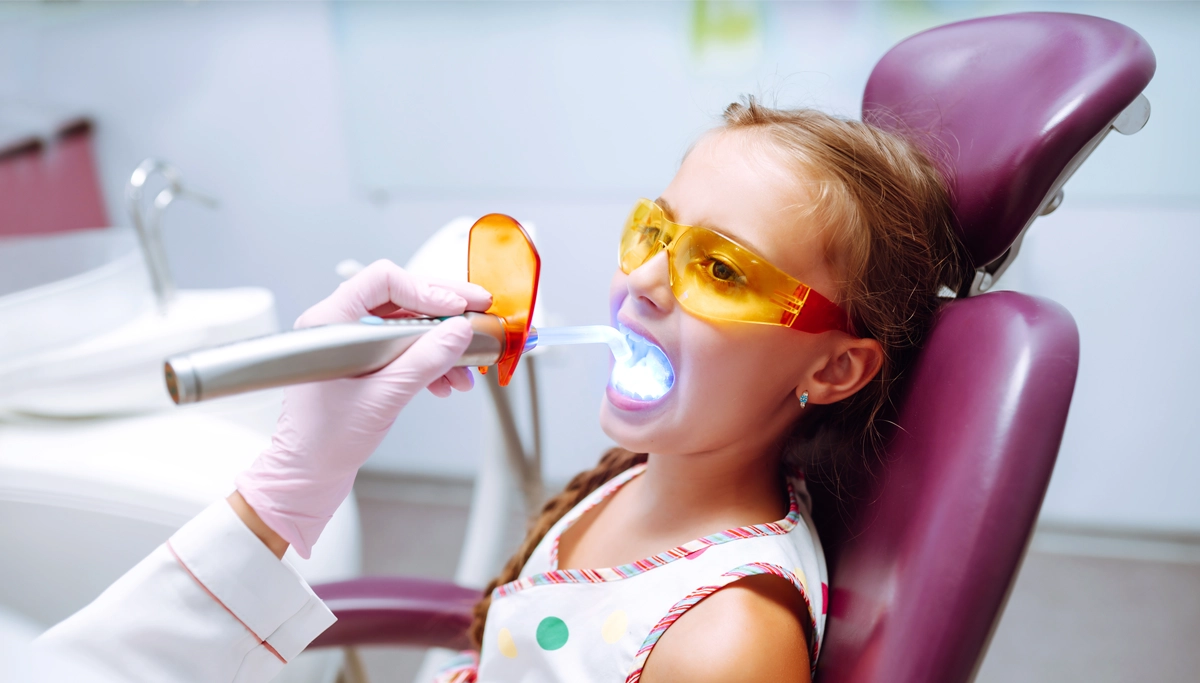How to prepare for a dental emergency
5 urgent oral health issues and how to react
Dental emergencies can happen when we least expect them, whether it's a sudden toothache, a chipped tooth, or a lost filling. But don’t worry. By taking the proper steps and preparing in advance, you can confidently tackle common dental emergencies to keep your smile healthy and safe.
Avoid waiting until disaster strikes and start preparing for potential emergencies with these smart steps!
-
 Keep your dentist's contact information handy.
Keep your dentist's contact information handy. -
 Make sure you have a dental benefits plan to assist with the cost of treatment.
Make sure you have a dental benefits plan to assist with the cost of treatment. -
 Brush your teeth twice daily with a fluoride toothpaste for two minutes at a time.
Brush your teeth twice daily with a fluoride toothpaste for two minutes at a time. -
 Clean between your teeth daily with floss to prevent cavities and gum disease.
Clean between your teeth daily with floss to prevent cavities and gum disease. -
 Visit the dentist for regularly scheduled preventive checkups to keep your oral health strong before an emergency occurs.
Visit the dentist for regularly scheduled preventive checkups to keep your oral health strong before an emergency occurs.
Here are five common urgent oral health issues along with simple steps to manage them smoothly and safely.
Lost filling
If your filling feels loose or falls out, call your dentist to schedule an appointment, and to discuss short-term treatment for any pain you’re experiencing. If you can locate your filling, store it safely and bring it to your appointment. In the meantime, it can help to:
- Gargle with mouthwash or salt water to keep the area clean
- Avoid chewing on the exposed tooth
- Brush the area gently during your daily dental routine
Toothache
If your teeth become sensitive, or you experience pain when pressure is applied to your tooth or jaw, you may be experiencing a toothache. To relieve pain from a minor toothache:
- Take an over-the-counter pain reliever
- Avoid overly hot or cold foods
- Apply a cold compress on your cheek to reduce swelling, if any
If you have a severe toothache, swelling in your jaw, or experience symptoms that last longer than two days, you should contact your dentist as soon as possible for an accurate diagnosis.
Chipped tooth
Whether you chip a tooth playing a sport or bite down a little too hard on something crunchy, it's important to visit your dentist as soon as possible, so they can help you prevent any further damage or infection. But while you’re still at home, you can try to reduce any discomfort and infection risk:
- Rinse your mouth with salt water
- Take over-the-counter pain relievers
- Eat soft foods to avoid further damage
- Cover sharp edges with orthodontic wax to prevent cuts
Gum injury
From sports injuries to hot pizza burns, most gum injuries heal within a few days with home remedies like saltwater rinses, cold compresses, and over-the-counter pain relievers.
However, some gum injuries can be more painful, persistent, and/or prone to bleeding. If symptoms worsen or don't improve within one to two days, visit your dentist as soon as possible.
Jaw pain
Jaw pain can stem from an injury or from dental issues:
- Cavities, gum disease, and abscessed teeth can cause infections that spread to the jaw
- Teeth grinding or misaligned teeth can strain the jaw joint
To relieve this pain, try applying heat or cold compresses and eating softer foods. If jaw pain lasts over a week or gets worse, contact your dentist for treatment.






